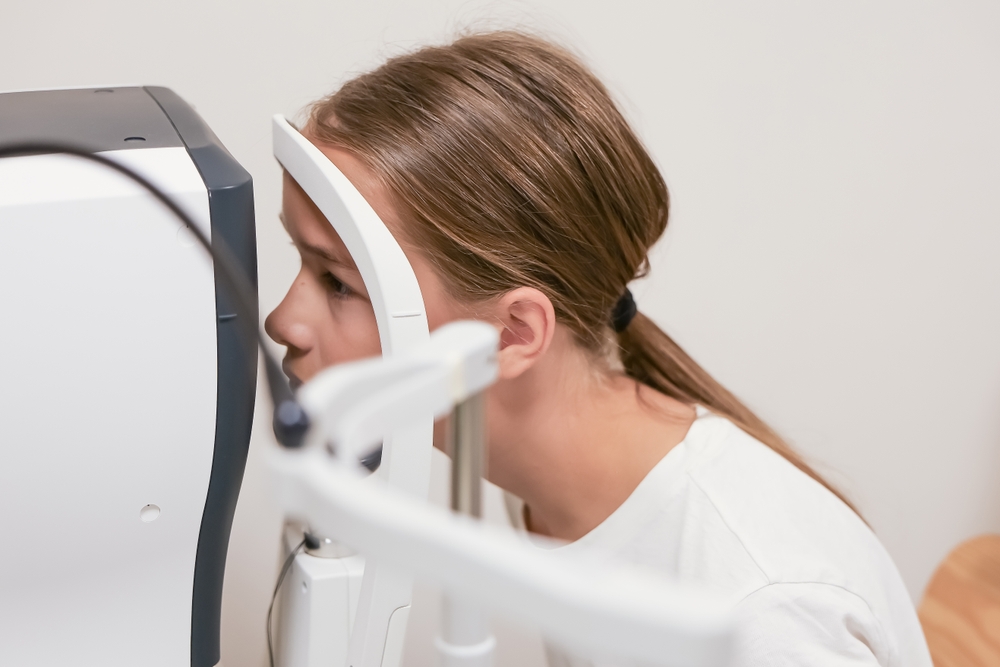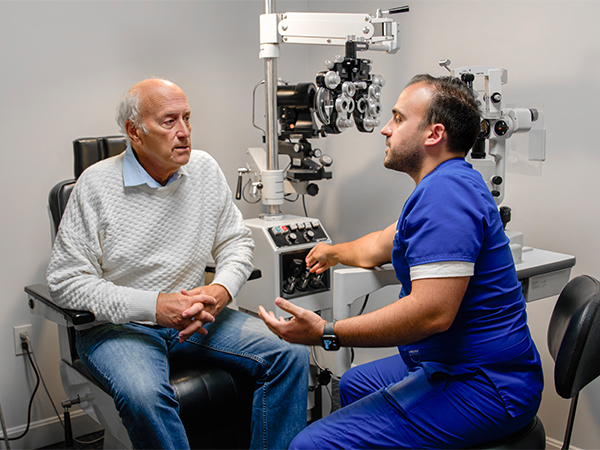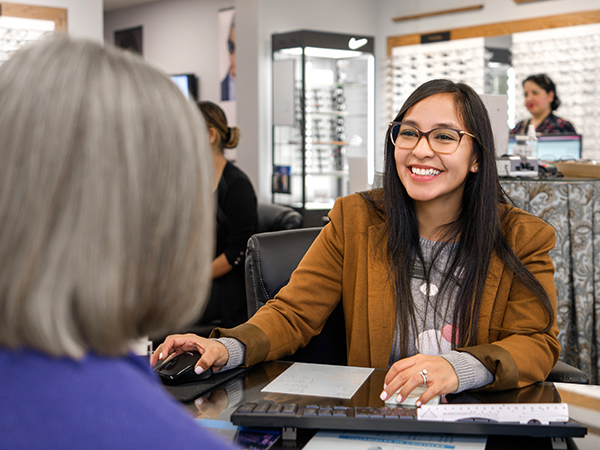
Your eyes are one of the most important parts of your overall health, yet many people put off routine eye exams until a problem arises. Regular visits to your optometrist help detect vision changes early, manage eye conditions, and ensure long-term eye health.
What Is a Comprehensive Eye Exam?
A comprehensive eye exam is more than just a simple vision test to determine if you need glasses or contacts. It is a thorough evaluation of your overall eye health and how well your eyes function. During the exam, your optometrist will check your visual acuity, or how clearly you see, and assess how well your eyes work together. They will also carefully examine both the internal and external structures of your eyes to look for any abnormalities or early warning signs of disease.
In addition to checking vision, a comprehensive exam includes screening for common eye conditions such as glaucoma, cataracts, and macular degeneration. These assessments are essential because many eye diseases develop silently and may not cause noticeable symptoms in their early stages.
Importantly, eye exams can also uncover signs of broader health conditions like diabetes and high blood pressure, making them a valuable part of preventive care for your overall well-being.
The Importance of Annual Eye Exams
Most people should see their optometrist at least once a year. Children’s eyes develop quickly, and vision problems can affect learning and development. Annual exams ensure issues like nearsightedness, farsightedness, or eye coordination problems are caught early. Even if adults see clearly, annual eye exams are vital for catching changes in prescription and monitoring for silent eye diseases, which often have no symptoms in their early stages.
While annual exams are recommended for most people, certain groups may benefit from more frequent visits:
• Seniors (ages 60+): The risk of eye diseases such as cataracts, macular degeneration, and glaucoma increases with age.
• Individuals at Higher Risk: This includes people with diabetes, high blood pressure, a family history of eye disease, or those who wear contact lenses.
Additionally, you should see your optometrist if you notice any changes in your vision or for any urgent eye care matters.
Tips for Maintaining Healthy Vision
In addition to regular visits to your optometrist, these lifestyle habits can help protect your eyesight:
• Eat a balanced diet rich in leafy greens, fish, and foods high in vitamins A, C, and E.
• Wear sunglasses that block 100% of UV rays.
• Take breaks from screens to reduce digital eye strain.
• Stay active and manage chronic conditions like diabetes or hypertension.
• Keep your prescriptions up to date and use proper contact lens hygiene.
Stay on Top of Your Vision at WeCare Eye Group
Eye health is essential to your overall well-being, and the best way to protect your vision is with regular comprehensive eye exams. Whether you’re scheduling for your child, yourself, or an older loved one, keeping up with exams allows for early detection and peace of mind.
Reach out to WeCare Eye Group to schedule your next comprehensive eye exam and let our experienced team help you maintain clear, healthy vision for years to come. We’re here to serve you at multiple locations across Pennsylvania and Rhode Island. Contact the office nearest you to book your appointment today:
• Ardmore Eye Care - Ardmore, PA | (610) 624-2151
• WeCare Eyes and Skin MedSpa - Providence, RI | (401) 331-7850
• Cranston Eye and Optical - Cranston, RI | (401) 942-9933
• Westminster Eye Care Associates - Providence, RI | (401) 331-7850
• Smithfield Eye and Optical - Greenville, RI | (401) 949-7300
• College Hill Eye and Optical - Providence, RI | (401) 831-2015
• North Providence Eye and Optical - North Providence, RI | (401) 353-2010











